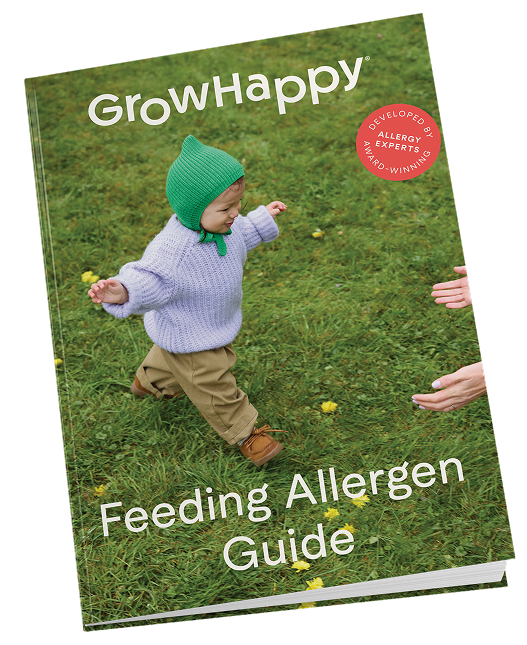Not unless your child already has a food allergy, or is at high risk to develop a food allergy, for example with eczema that is early onset, persistent, severe, and slow to respond to treatment. In these cases, you may want to see an allergist to discuss food allergies before introducing any major allergens.
If your child has a known or suspected allergy to any food, he or she must avoid that food entirely while you seek an allergist’s advice to make sure that the suspected allergy is true. Many people who think they have a food allergy do not, and if your child doesn’t have one, you need to feed it before he or she actually does. Find an allergist who does allergy testing, such as skin pricks or blood work, and also offers food challenges.
If the food allergy is confirmed, seek an expert to discuss treatment options. Treatment options are generally more effective when commenced earlier on the allergy journey, usually in the toddler years. Talk to your doctor about how to get other typical food allergens he or she is not allergic to yet into the diet to proactively reduce the chance of additional allergies developing. This is an important intervention as your food-allergic child may be at higher risk of more food allergies.









